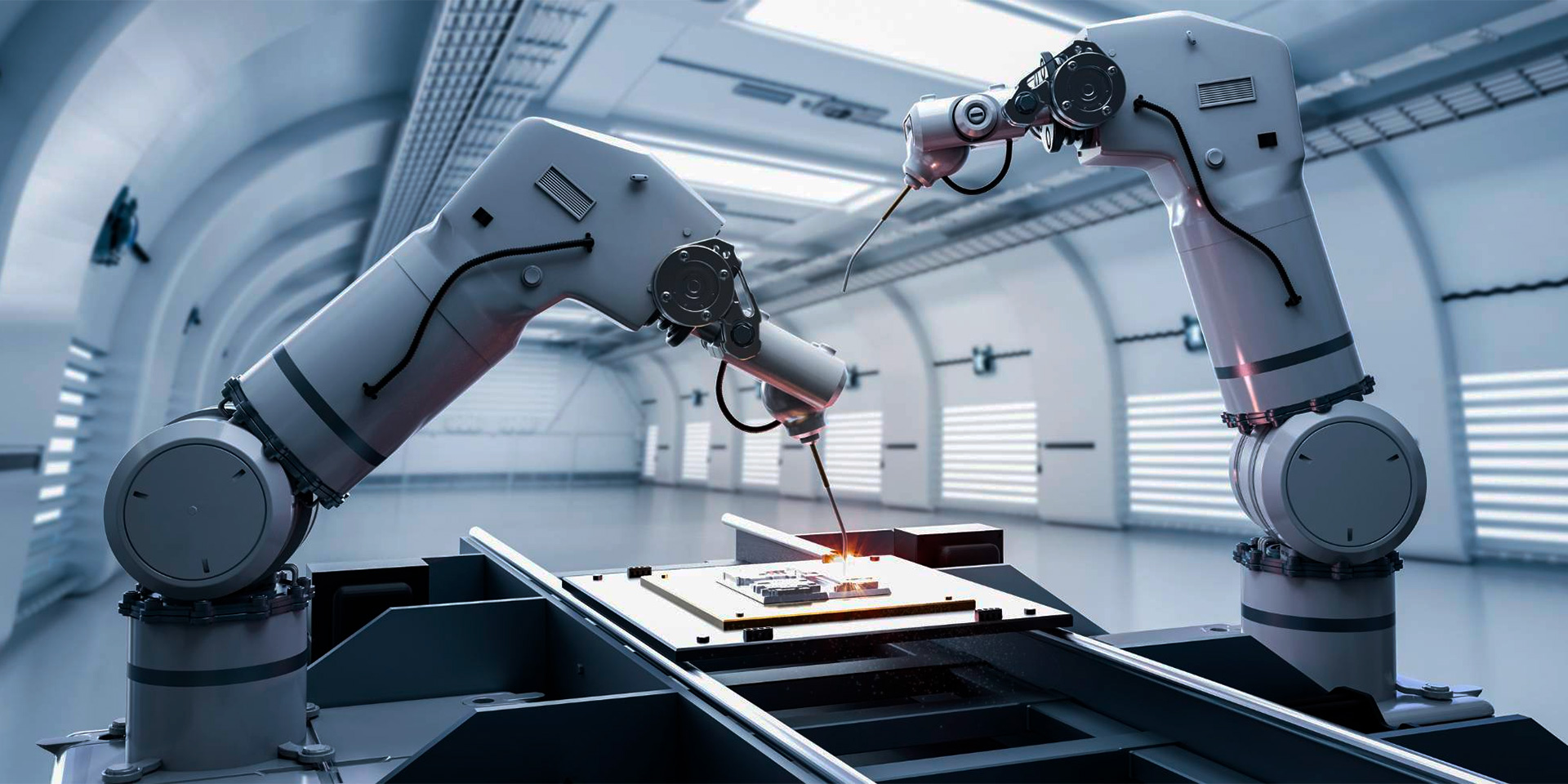The business world is on the brink of a profound transformation. As we move into the next decade, a wave of trends and innovations promises to reshape the way companies operate, compete, and thrive. This evolution is driven by technological advancements, shifting consumer behaviors, and the pressing need for sustainability. In this article, we will delve into the key trends and innovations that are set to revolutionize the business landscape.
The Rise of Artificial Intelligence and Automation
One of the most significant drivers of change in the coming years is the rise of artificial intelligence (AI) and automation. AI technologies are becoming increasingly sophisticated, enabling businesses to automate complex tasks, analyze vast amounts of data, and make decisions with unprecedented speed and accuracy. From chatbots providing customer service to advanced algorithms optimizing supply chains, AI is poised to enhance efficiency and productivity across all sectors.
Moreover, the integration of AI with other emerging technologies, such as the Internet of Things (IoT) and blockchain, will create new opportunities for innovation. Businesses that leverage these technologies will be able to offer more personalized and efficient services, ultimately gaining a competitive edge in the market.
Embracing Sustainability and Social Responsibility
As concerns about climate change and social inequality continue to grow, businesses are under increasing pressure to adopt sustainable and socially responsible practices. The next decade will see a significant shift towards green technologies and sustainable business models. Companies that prioritize environmental sustainability will not only reduce their carbon footprint but also appeal to a growing segment of eco-conscious consumers.
Additionally, social responsibility will become a key differentiator for businesses. Consumers are more informed and concerned about the ethical practices of the companies they support. Businesses that demonstrate a commitment to social causes, such as fair labor practices and community engagement, will build stronger brand loyalty and trust.

The Evolution of Remote Work
The COVID-19 pandemic has accelerated the adoption of remote work, and this trend is likely to continue in the coming decade. As businesses realize the benefits of flexible work arrangements, such as reduced overhead costs and access to a broader talent pool, remote work will become a permanent fixture in the business landscape.
Advancements in communication and collaboration tools will further facilitate remote work. Virtual reality (VR) and augmented reality (AR) technologies will enable more immersive and interactive remote meetings, bridging the gap between physical and virtual workspaces. As a result, businesses will need to adapt their management practices and company cultures to support a distributed workforce.
Data-Driven Decision Making
In the next decade, data will become the lifeblood of business decision-making. The ability to collect, analyze, and interpret data will be crucial for companies seeking to understand consumer behavior, optimize operations, and identify new market opportunities. Advanced analytics and big data technologies will empower businesses to make informed decisions based on real-time insights.
Furthermore, the integration of AI and machine learning will enhance predictive analytics, enabling companies to anticipate trends and make proactive decisions. Businesses that harness the power of data will be better positioned to navigate the complexities of the modern market and drive innovation.
The Growth of the Gig Economy
The gig economy, characterized by short-term contracts and freelance work, is set to expand in the coming years. As more individuals seek flexible work arrangements and businesses look for ways to reduce labor costs, the gig economy will become an integral part of the workforce.
Digital platforms that connect freelancers with employers will continue to evolve, offering more specialized services and enhanced user experiences. This shift will require businesses to rethink their workforce strategies, focusing on managing a diverse and dynamic pool of talent.
Personalization and Customer Experience
In an increasingly competitive market, personalization and customer experience will be critical differentiators. Advances in AI and data analytics will enable businesses to offer highly personalized products and services tailored to individual preferences.
Moreover, businesses will need to invest in creating seamless and engaging customer experiences across all touchpoints. This includes leveraging omnichannel strategies to provide consistent and cohesive interactions, whether online or offline. Companies that prioritize customer experience will build stronger relationships and foster long-term loyalty.

The Impact of Blockchain Technology
Blockchain technology, best known for its role in cryptocurrency, has the potential to revolutionize various aspects of business operations. Its decentralized and transparent nature makes it ideal for enhancing security, reducing fraud, and improving traceability in supply chains.
In the next decade, we can expect to see broader adoption of blockchain across industries. From securing digital identities to streamlining transactions, blockchain will enable more efficient and trustworthy business processes. Companies that embrace blockchain technology will benefit from increased transparency and operational efficiency.
Reshaping Education and Skill Development
As the business landscape evolves, so too will the requirements for education and skill development. The rapid pace of technological advancement means that traditional education models may no longer suffice. In response, there will be a growing emphasis on continuous learning and upskilling.
Businesses will need to invest in training programs to equip their employees with the skills needed to thrive in a digital economy. Online learning platforms and micro-credentialing will become more prevalent, allowing individuals to acquire new skills quickly and efficiently. This focus on lifelong learning will be essential for businesses seeking to remain competitive and innovative.
Conclusion
The next decade promises to be a period of profound transformation for the business world. Trends such as AI and automation, sustainability, remote work, and data-driven decision-making will redefine the way companies operate and compete. The gig economy, personalization, blockchain technology, and evolving education models will further shape the business landscape.
Businesses that embrace these trends and innovations will be well-positioned to navigate the challenges and opportunities of the future. By staying agile, investing in new technologies, and prioritizing sustainability and social responsibility, companies can drive growth and achieve long-term success in an ever-changing world. The future of business is bright, and those who are prepared to adapt and innovate will lead the way.

